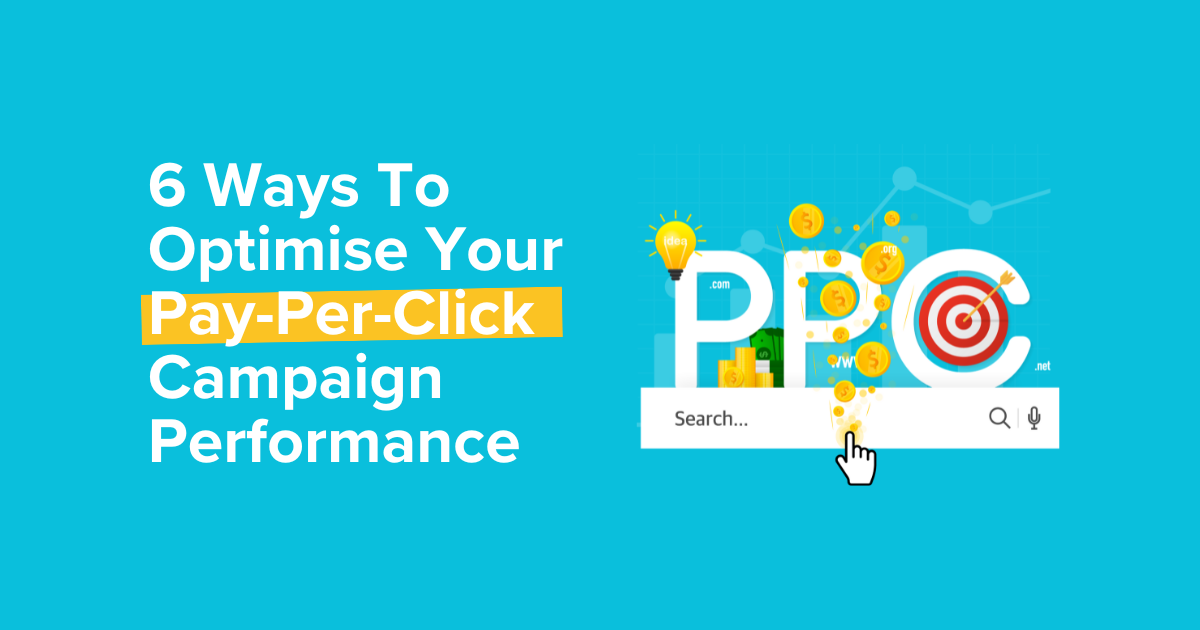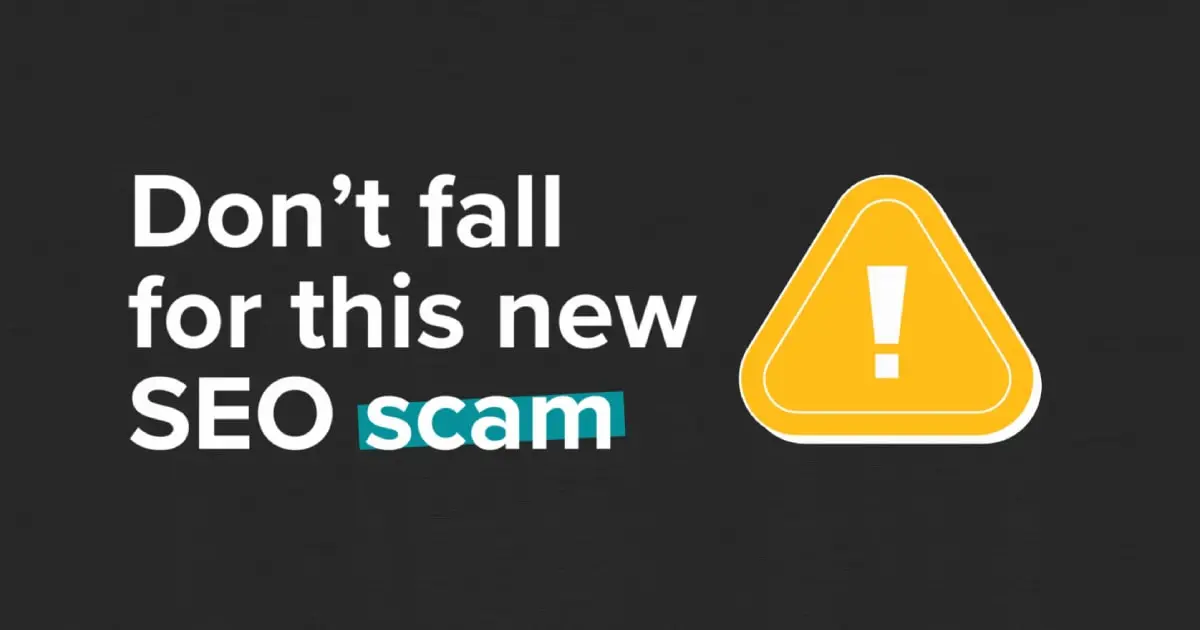


Mel Gibbons
28 September, 2022

It sounds simple, right? But believe us when we tell you that many businesses and brands do not set predefined goals for their PPC campaigns. This is really important, so read carefully.
You can think of an end goal as the baseline of your entire optimisation process. Setting some benchmarks for your campaign to perform will give PPC ad copywriters and advertisers much needed clarity and direction regarding where and who they’ll need to target their efforts toward. It helps them prepare a roadmap for themselves and their teams so they can all be on the same page towards a common goal, the importance of this cannot be stressed enough. Unclear goals cause lapses in communication, which can upend an entire marketing campaign.
Depending on your business’s needs, to direct traffic to a new landing page, improve sales, increase the number of subscribers etc. Setting clear and realistic goals of what you want your campaign to achieve increases the odds of success.
Every business needs to rank on the right keywords to get top SERP (Search Engine Results Page) visibility. Unfortunately, many ignore this while planning their PPC campaigns. A solid structure along with the right keywords can help your product reach the right audience and increase leads, naturally increasing your sales and conversions.
Remember, it is easier to achieve PPC campaign goals with a higher number of keywords.
Here is what you need to do:
All this work to drive up traffic to your site will be worthless if your website loads slowly. Did you know, if a website takes more than 3 seconds to upload, users will lose interest and leave to go to a competitor’s site. Use Google’s PageSpeed Insights to check your website’s performance.
Other key considerations:
Additionally, create localised landing pages, especially if you operate within a certain vicinity or have multiple locations. For instance, a PPC company with offices in Adelaide, New York and London should have different landing pages for each location. Differentiate these pages to help personalise the experience for targeted users.
Ad extensions are free add-ons used by your PPC campaigns to boost campaign performance. PPC advertisers often use these three ad extensions: site links, callouts and review extensions.
Many factors determine why a user clicks (or doesn’t click) on your website and interacts with your products. Experienced PPC advertisers use A/B testing to identify what the users like or dislike. Testing different elements allows the identification of the elements that are more likely to increase both leads and conversions. For instance, creating the same landing page with two different design elements or the same design but different messaging helps identify what resonates with your audience.
The experiments tab in Google Ads allows you to A/B test your site quite easily and work towards an optimised campaign. Simply link the separate landing pages and experiment continuously.
Your copywriting skills are crucial for running a successful ad campaign. PPC ads do not have videos and photographs: it’s all copy. Ideal ad copy should be simple, concise, and include a call to action. Include variations of the targeted keywords in your ad copy and experiment with alternative call-to-action options.
Hiring an experienced copywriter can help get a return on your investment, especially if they have worked on similar campaigns. For instance, a B2B business employing experienced B2B copywriters instead of B2C copywriters is more likely to get more success.
Pay-per-click campaigns are still one of the most effective ways to get new leads and boost sales. Optimising a PPC campaign is easy if you follow the measures mentioned above. If you’re thinking it’s quite easy to run a PPC campaign, it can be! Working with an experienced PPC agency will ensure swift results for your campaign.
Join hundreds of businesses boosting their knowledge with our monthly insights.
Contact us for an online marketing solution to build your brand and grow revenue.
Contact Us 1300 055 000
1300 055 000

